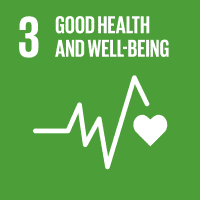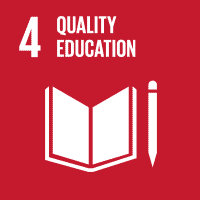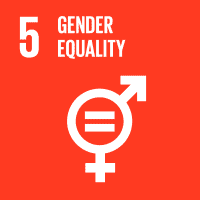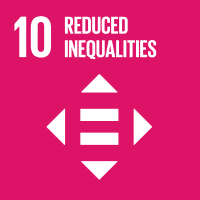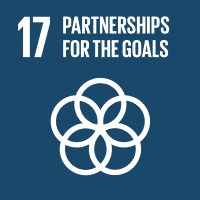Originally from Scotland, James Macbeth Forbes started his GIZ career in 2002 in Uganda. He later took up posts in countries including Kosovo and Armenia. In Uganda, he witnessed how the terrorist organisation LRA wreaked havoc in the north of the country and how children were being taken to the town of Gulu at night for protection. This shaped his perspective of working at GIZ and his determination to utilise all resources in order to do the utmost to improve people's lives. He has been Country Director in Uganda since 2022.
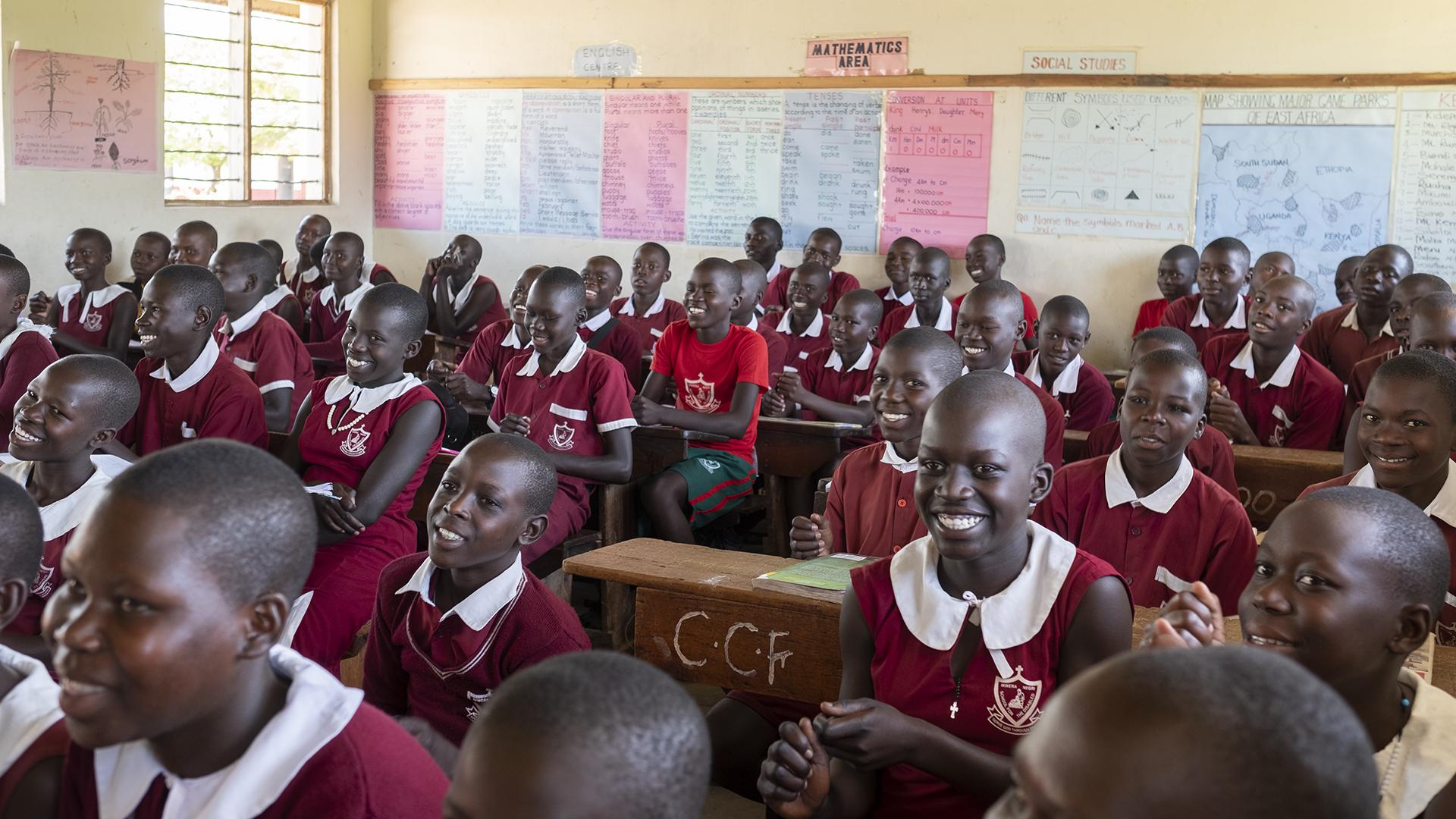
‘For girls and women, not against men’
James Macbeth Forbes, GIZ Country Director in Uganda, explains why feminist development policy is important for everyone.
Why is it important to encourage feminist development policy?
If we look at Uganda and the world in general, there is a big difference between the opportunities for women and girls compared to those available for men. So feminist development policy comes at just at the right time to address this problem. This is why we need to make every effort in Uganda to push this agenda forward – to make it not only a better country, but also a better country for the people who live here.
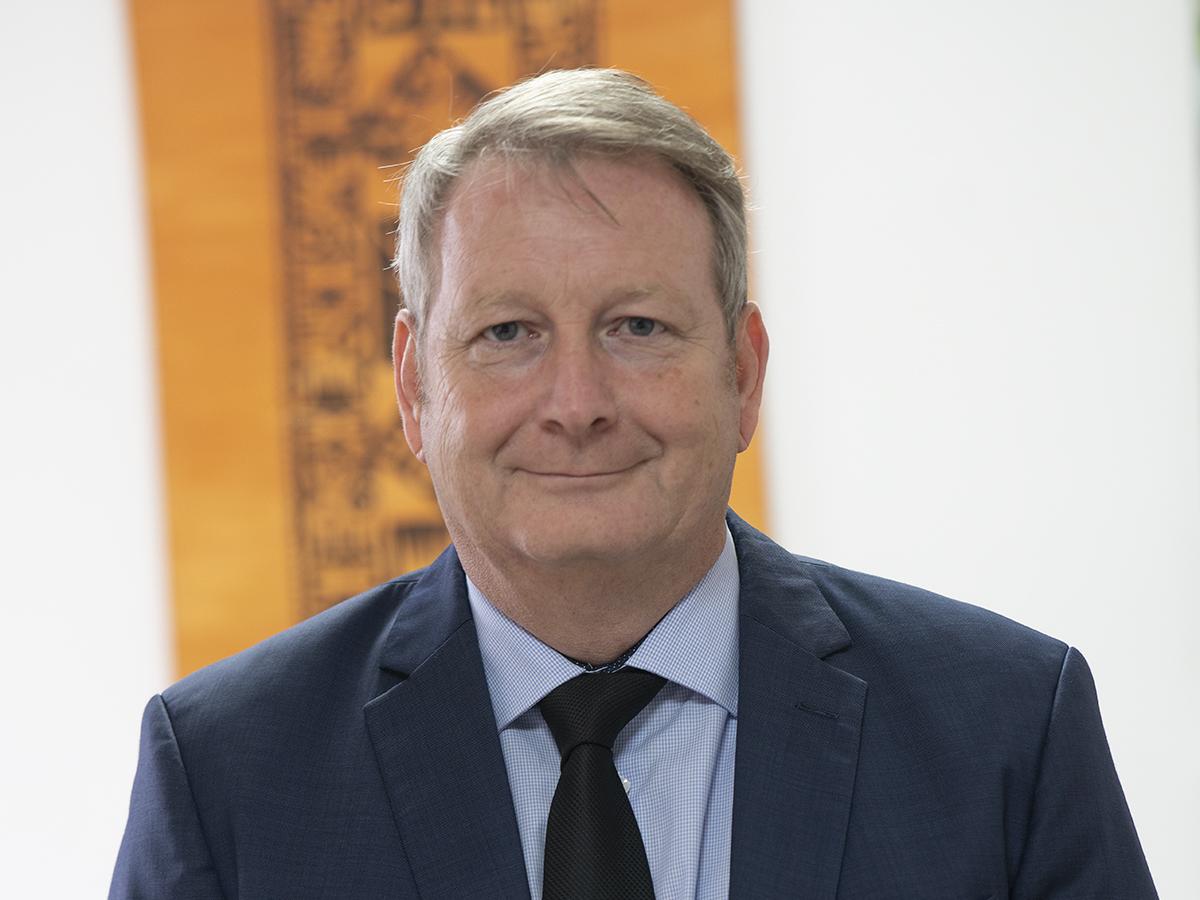
What does the new agenda mean for GIZ's work in Uganda?
The gender aspect has been in the forefront more than it has previously. All of our new projects and programmes are geared specifically to gender equality and focusing on girls and women in our work.
The Sanitation for Millions programme, for example?
Exactly. The programme has been very, very successful over the past few years, and we have lots of experience and knowledge and very good partnerships with our local partners and NGOs and with civil society and the government. In line with the German Government’s feminist development policy, we are gearing the programme towards girls and women and their participation. So that's a change, and we are trying to target girls and women more efficiently than we did before. Also, there's a big gap between urban development and rural development in Uganda. So I'm really happy that Sanitation for Millions is being extended to the north of the country, which is very rural and where there is a lot to do in terms of menstrual hygiene and sanitation, for example. The fact that we have been tasked with this shows just how much trust there is in our cooperation.
How do your Ugandan partners react to the feminist approach?
They embrace it. Uganda is a very modern country as far as legislation for women's rights is concerned. And the parliament here has a special quota for women MPs to ensure that women are represented in the parliament and in politics. Each district must be represented in parliament by at least one woman MP. But as always there's policy and then there's implementation – often there's a big gap between policies and what is happening on the ground in real life. And I would hope that we, together with our partners, can mend that gap a little bit. Girls and women are a productive part of society, and a lot of work needs to be done so that their power can be mobilised.
Is that how everyone sees it?
Something that employees and other people we meet often say is, okay, yes, we're promoting girls and women's rights and representation, but what about us men? And the answer, of course, is that it's not against you or me, it's for girls and women.
